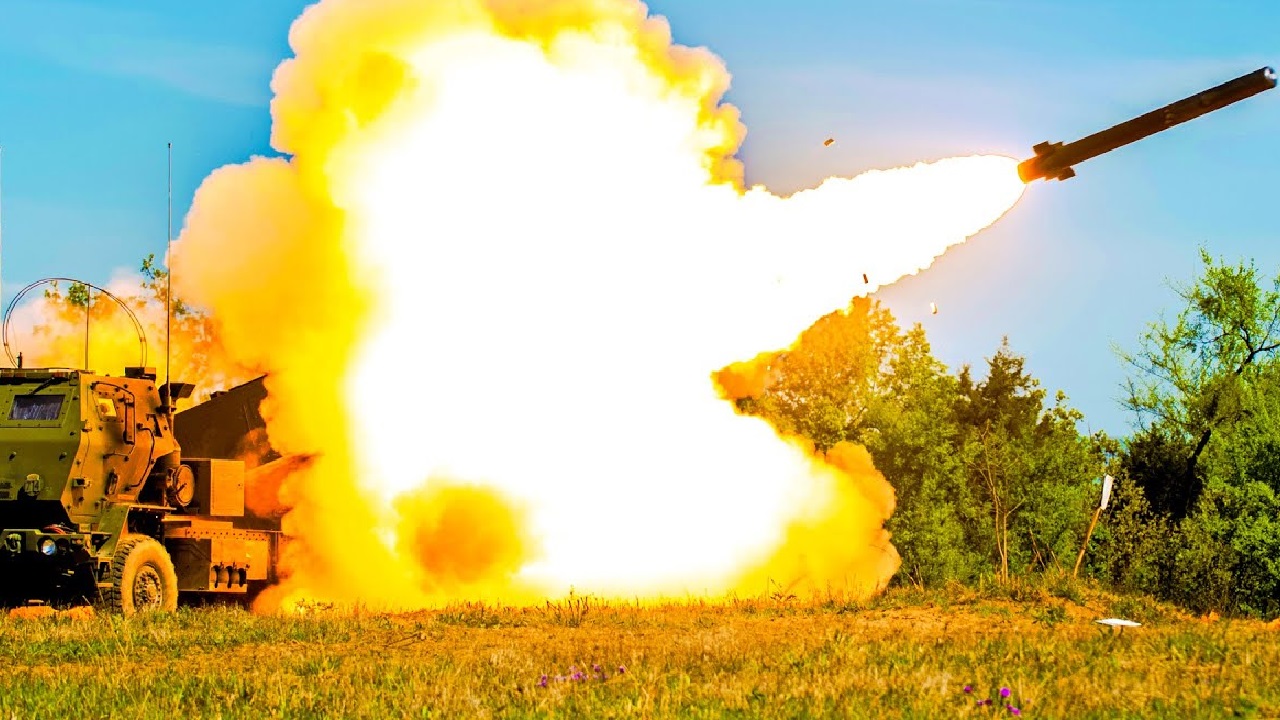On Oct. 25, the German government hosted a much-anticipated conference devoted to the postwar reconstruction of Ukraine. German Chancellor Olaf Scholz called it not just a donor conference, but a “new Marshall Plan for the 21st century” – comparing the scope of the task to Europe’s reconstruction after the Second World War. Ukrainian President Volodymyr Zelensky addressed the conference via a video link, and he focused on Russia’s continued attacks against his country’s infrastructure. He emphasized that it was in Europe’s interest to assist in the reconstruction of Ukraine, underscoring the country’s key role in securing the continent against Russian revanchism.
The fact that a meeting dedicated to Ukraine’s postwar reconstruction was held at all is a positive sign that Western commitment to Ukraine remains strong. The scope of the task is by definition a moving target – a few months back Kyiv estimated the damage at about half a trillion dollars; today the number stands at approximately $750 billion, and it is still growing. To appreciate the scale of the destruction wreaked on Ukraine, consider that in September the World Bank estimated reconstruction costs to stand at $349 billion, and Ukraine’s GDP in 2021 was $200 billion. Reconstruction costs have since tripled.
We must also consider the human factor – not only the loss of Ukrainian population as war casualties and refugees, but also a ten-fold increase in the poverty rate, from 2% before the war to over 20% today. The country’s reconstruction needs must also factor in the costs of rebuilding and sustaining the country’s defenses at the level required to deter Russia from invading again. When combined with Ukraine’s reconstruction needs, we are now looking at investments exceeding a trillion dollars. This point is key, for such funds are unlikely to be generated by any existing financial institution controlled by a Western government. This means that governments, and especially private investors, will need to step up if Ukraine is to be rebuilt.
In effect, Ukraine is a bankrupted state. It can only count on private investment on one condition: that at the end of the war, it will either become a full member of NATO or have sufficiently robust security guarantees devised under the NATO umbrella. So while European Commission President Ursula von der Leyen, who co-hosted the meeting on behalf of the EU, gravely stated that the destruction of Ukraine was staggering and that there was no time to waste, the reality is that all reconstruction plans hinge on what happens on the battlefield.
Put another way, the cost of rebuilding Ukraine is directly related to the speed with which Kyiv can bring about a strategic decision on the battlefield and force Moscow to negotiate terms that secure the country’s territory. Here lies the paradox of the European “Marshall Plan for Ukraine” project: Each day that military assistance to Ukraine is not provided in sufficient numbers delays the day of Russia’s defeat, thereby raising the cost of bringing Ukrainian infrastructure, its industry, and its military back to a level that attracts private investment.
The Oct. 25 conference was important in that it conveyed the right message about Europe’s commitment to help Kyiv after the war. But the principal focal point must be military assistance, for if the Ukrainians fail to defeat the Russian military and regain their illegally seized national territory, this conference, despite all its ambitions, will be remembered as yet another EU project not grounded in reality.
Andrew A. Michta is Dean of the College of International and Security Studies at the George C. Marshall European Center for Security Studies in Garmisch, German and a Nonresident Senior Fellow at the Scowcroft Strategy Initiative in the Atlantic Council’s Scowcroft Center for Strategy and Security. He is also former a Professor of National Security Affairs at USNWC and a former Senior Fellow at the Center for European Policy Analysis in DC. The opinions expressed here are those of the author and do not reflect the official policy or position of the George C. Marshall European Center for Security Studies, the U.S. Department of Defense, or the U.S. government.
Want More 19FortyFive articles, news, and analysis on the top military, defense, national security, as well as politics and economics news? Make sure to follow us on Google News, Flipboard, YouTube, Facebook, Twitter, and Linkedin. Also, please don’t forget to sign up for our newsletter here. You can also find our code of publishing ethics and standards here.

